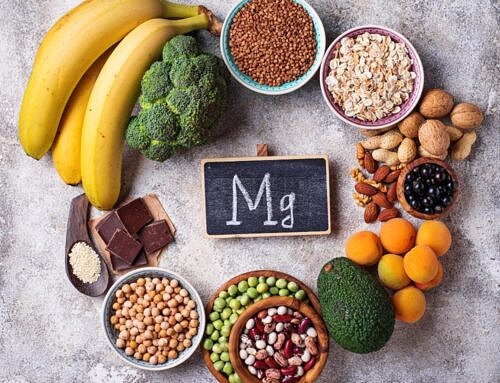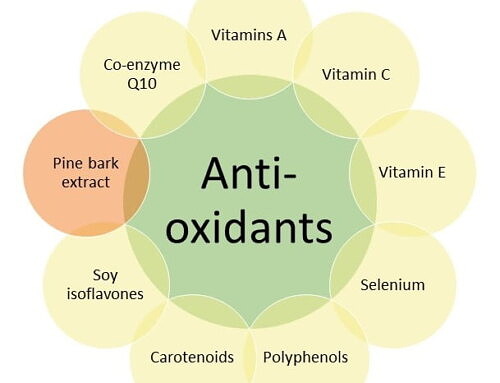
1 What is magnesium?
Magnesium is a mineral that is involved in more than 300 reactions in the body. It helps to maintain nerve and muscle function, our bone strength, and our immune systems. It also helps our heart function, supports energy metabolism and hormone production, and helps to maintain blood sugar levels. Why don’t we hear more about this nutrient?!
2 Magnesium and Energy Levels
Magnesium is important for the conversion of food energy into useful energy, through its contribution to a variety of reactions. It is also helpful for energy utilisation within our bodies’ cells.
Magnesium is also believed to support sleep, which can also help us to feel more energised. There is even evidence that it can even help improve the sleep of those experiencing insomnia. While further research is needed into its association with sleep and the mechanism involved, the mineral may possibly work by supporting the sleep cycle and/or by supporting hormone production in the brain.
3 Exercise
A good intake of this mineral may help people to perform better when exercising. It helps move blood sugar into the muscles, and helps dispose of lactate.
(The evidence regarding this is mixed).
4 Nutrient Deficiency
Magnesium deficiency is considered rare, but signs may include:
- Loss of appetite
- Lethargy and fatigue
- Depression
- Seizures
- Low stress tolerance, irritability and hypertension
- Poor blood sugar balance
- Nausea
- Vertigo
- Progressive muscle weakness
- Muscle cramps.
Hypomagnesemia may contribute to cardiac arrhythmias.
(See the Gröber et al paper in Further Reading/References, below, for more information regarding magnesium deficiency).
The use of proton pump inhibitor medication (PPIs) and some health conditions affecting the digestive, endocrine or renal systems may inhibit magnesium absorption – do not change your medication without consulting your medical professional first!
5 Sources
Green leafy vegetables are great sources of magnesium, along with wholemeal bread, nuts, meat, fish and dairy.
There is some evidence that we are able to absorb magnesium through our skin (although more, larger-scale studies into the effectiveness would be helpful). Therefore, the age-old remedy of Epsom salt baths may be helpful to boost your nutrient levels. Do not add bath oils, bubble bath, or similar products.
Although rare, we can have too much magnesium in the body. If you have used supplements, for example, a sign of excess levels is diarrhoea. Hypermagnesemia, a condition caused by excess magnesium levels, may result in muscular, heart or nervous disorders.
References/Further Reading
- “Myth or Reality – Transdermal Magnesium?” – Gröber, Werner, Vormann and Kisters. https://www.ncbi.nlm.nih.gov/pmc/articles/PMC5579607/
- “Oral Magnesium Supplementation for Insomnia in Older Adults: A Systematic Review & Meta-Analysis” – Mah and Pitre. https://www.ncbi.nlm.nih.gov/pmc/articles/PMC8053283/



